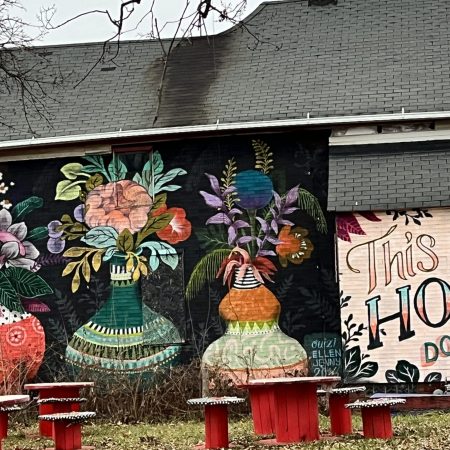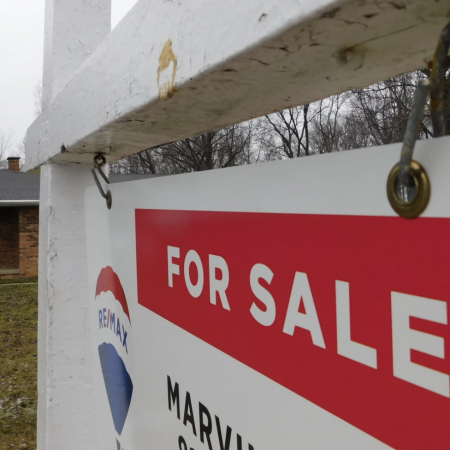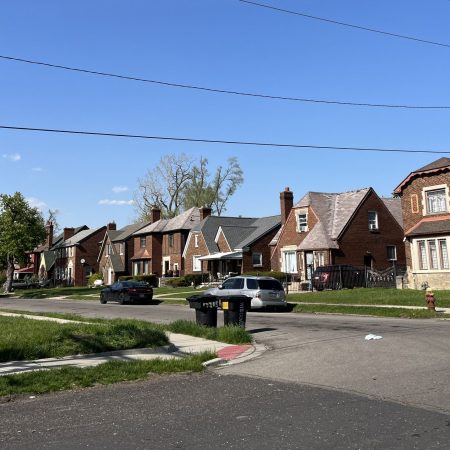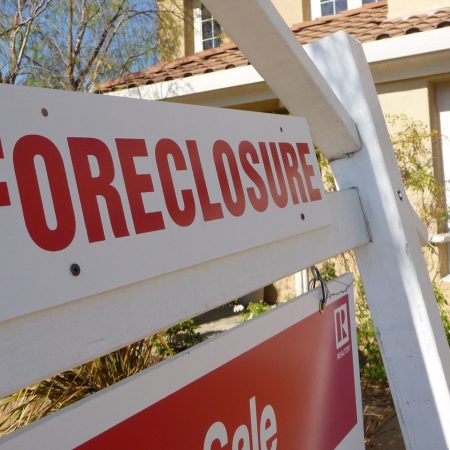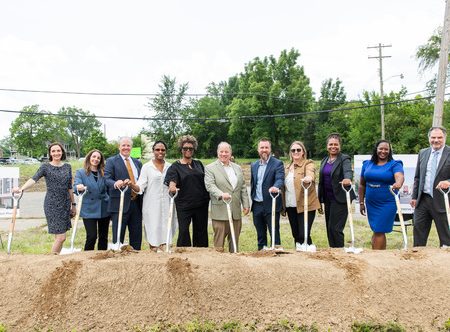Created Equal: Detroiters are turning more foreclosed homes into profit than outside investors
Once dominated by non-local LLCs exploiting the system for quick returns, new data suggests that fewer outside investors are “milking” the system, and more Detroiters are taking advantage of opportunities to participate in Detroit’s recovery.
Subscribe to Created Equal on Apple Podcasts, Spotify, Google Podcasts, NPR.org or wherever you get your podcasts.
A new article entitled “Detroit’s Sweat Equity” from Alex Alsup, published in Substack newsletter The Chargeback, discusses the change from outside investors to residents purchasing and rehabbing homes from the tax foreclosure auction. Alsup says local buyers are flipping the script on the traditional narrative of Detroit real estate. By investing personal labor — or “sweat equity” — into rehabbing homes, they reduce the costs associated with renovation and create value in a way that large, outside investors can no longer exploit.
Foreclosures are at their lowest since 2005, and new ownership trends show a citywide gain of about 9,000 re-occupied homes since the pandemic. The old “milking” model — where the value was in extracting rent from undervalued properties — doesn’t work anymore because Detroit’s homes have gained too much value. This lucrative foreclosure-rental-foreclosure pipeline is drying up, and Detroiters are stepping up to take advantage of the opportunity.
Chase Cantrell, CEO of Building Community Value, a nonprofit that helps Detroiters become property owners and rehabbers, says that the Detroit Land Bank Authority now privileges local buyers, giving them a better chance to purchase and improve properties.
Online bidding on properties in the Wayne County tax foreclosure auction begins September 11 and runs through September 18, 2024. There are 1,748 Detroit foreclosed properties listed on the Wayne County Treasurer’s auction site.
Guests:
- Alex Alsup is the Vice President of Research and Development for Regrid and the author of the Substack newsletter The Chargeback.
- Chase Cantrell is the CEO of Building Community Value, an organization that provides training and resources for Detroiters interested in small-scale real estate development.
Listen to Created Equal with host Stephen Henderson weekdays from 9-10 a.m. ET on Detroit Public Radio 101.9 WDET and streaming on-demand.
Trusted, accurate, up-to-date.
WDET strives to make our journalism accessible to everyone. As a public media institution, we maintain our journalistic integrity through independent support from readers like you. If you value WDET as your source of news, music and conversation, please make a gift today.
The post Created Equal: Detroiters are turning more foreclosed homes into profit than outside investors appeared first on WDET 101.9 FM.
